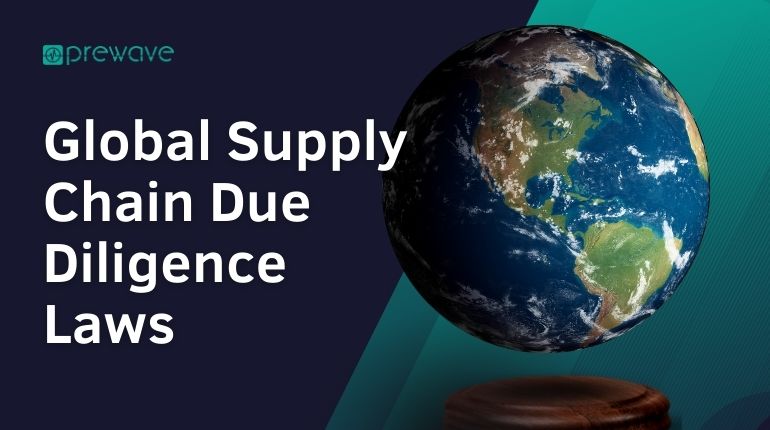Due to increased pressure from investors and consumers, as well as a very unstable market that is constantly disrupted by global events, such as the COVID-19 pandemic, the past few years have seen a broader adoption of ESG transparency policies—including supply chain due diligence.
But before we dive into the topic of global supply chain legislation, we must first understand what due diligence is, and why it is important.
At its most basic level, due diligence refers to any efforts taken by a company to determine current and potential risks in the supply chain. In other words, it is the process of achieving complete supply chain visibility (SCV) by staying informed of what is happening at all levels of the supply chain, down to the raw material.
Effective due diligence requires continuous monitoring and regular review. This means that due diligence checks should be risk-based, relevant, reasonable, proportionate, and, most importantly, ongoing.
Due diligence lies at the core of supply chain risk management—and supply chain legislations have been built around it.
These laws look to protect fundamental human rights while ensuring decent working conditions for those responsible with the production of goods and the provision of services.
Current and upcoming due diligence legislation
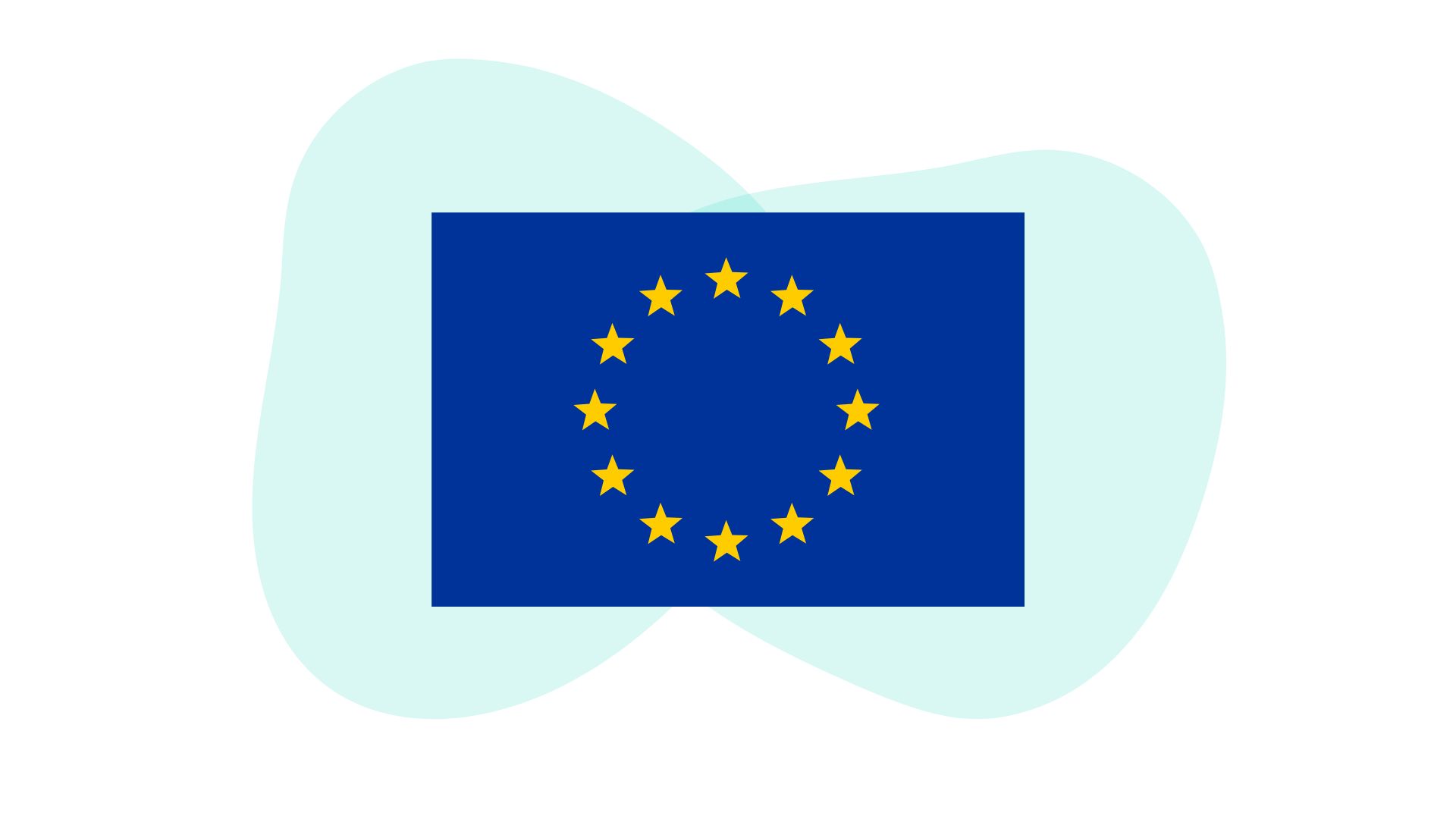
The European Union’s Corporate Sustainability Due Diligence Directive
The European Commission proposed an EU legal framework for sustainable corporate governance, which includes cross-sector corporate due diligence along global value chains on December 3, 2020, and a legislative on Corporate Sustainability Due Diligence (CSDD) in March 2021. The legal framework is known as the “Draft Directive on Corporate Due Diligence and Corporate Accountability” and is based on the EU principles in which sustainability is ingrained, and companies demonstrate a commitment to upholding human rights and minimising their impact on the environment (biodiversity loss and pollution).
The directive not only protects the 27 EU Member States, but also aims to improve the EU’s supervision of corporations concerning the effects of their operations on the global environment and population.
Important to know:
- The UN Guiding Principles on Business and Human Rights (UNGP) have established a set of rules for the global economy that are more considerate of human rights. Many countries have already created and implemented due diligence laws at the national level, while the EU continues to develop proposals for pan-European legislation. However, there are considerable differences between particular nation-states in terms of the pace of implementation of the law and its proposal. For example, while Portugal is lacking a comprehensive implementation strategy, the Netherlands and France have already enacted equivalent legislation.
While no global mandatory standard for supply chain due diligence has been imposed yet, the EU’s proposal shows a clear change in the right direction. Governments are increasingly focused on this issue, and companies would be well-advised to be prepared to comply with increased regulation in this area.
To learn more about the directive—and how Prewave can help you stay compliant—access our whitepaper here.
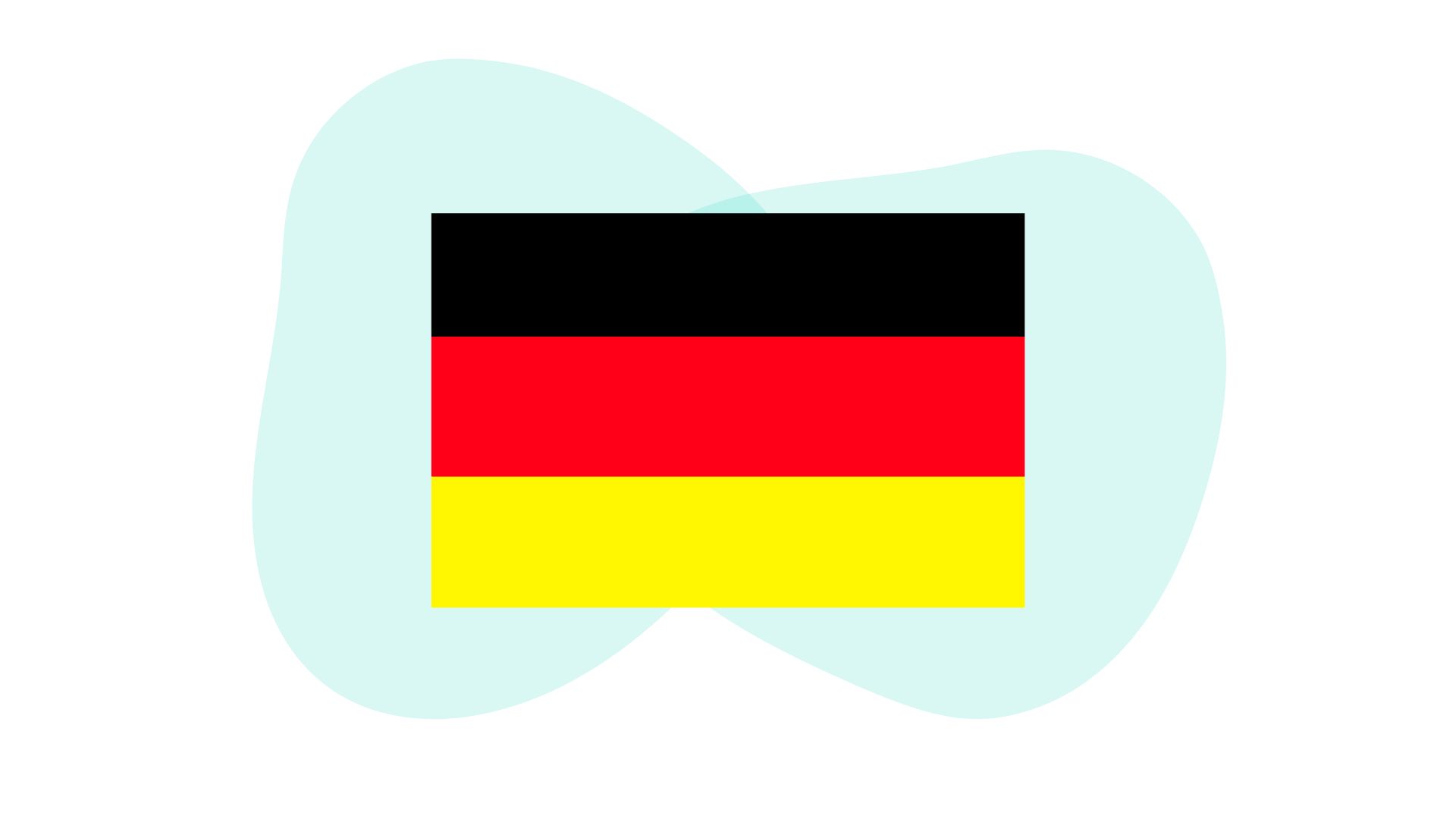
The German Supply Chain Act (LkSG, or Lieferkettengesetz)
In Germany, the Act on Corporate Due Diligence in Supply Chains (or the German Supply Chain Act) will come into effect on January 1st, 2023.
For the first year, it will apply to companies with 3,000 or more employees in Germany, but starting with 2024, the law will extend to companies with 1,000 employees or more. The law requires companies to take ‘appropriate measures’ to respect human rights and the environment within their supply chains, and companies that violate the law may be fined up to 2 percent of their annual global turnover, depending on the size of the company.
Prewave has done extensive research on the German Supply Chain Act, and has compiled all the information you need in both a whitepaper and checklist.
To access the checklist and whitepaper, please fill out this form.
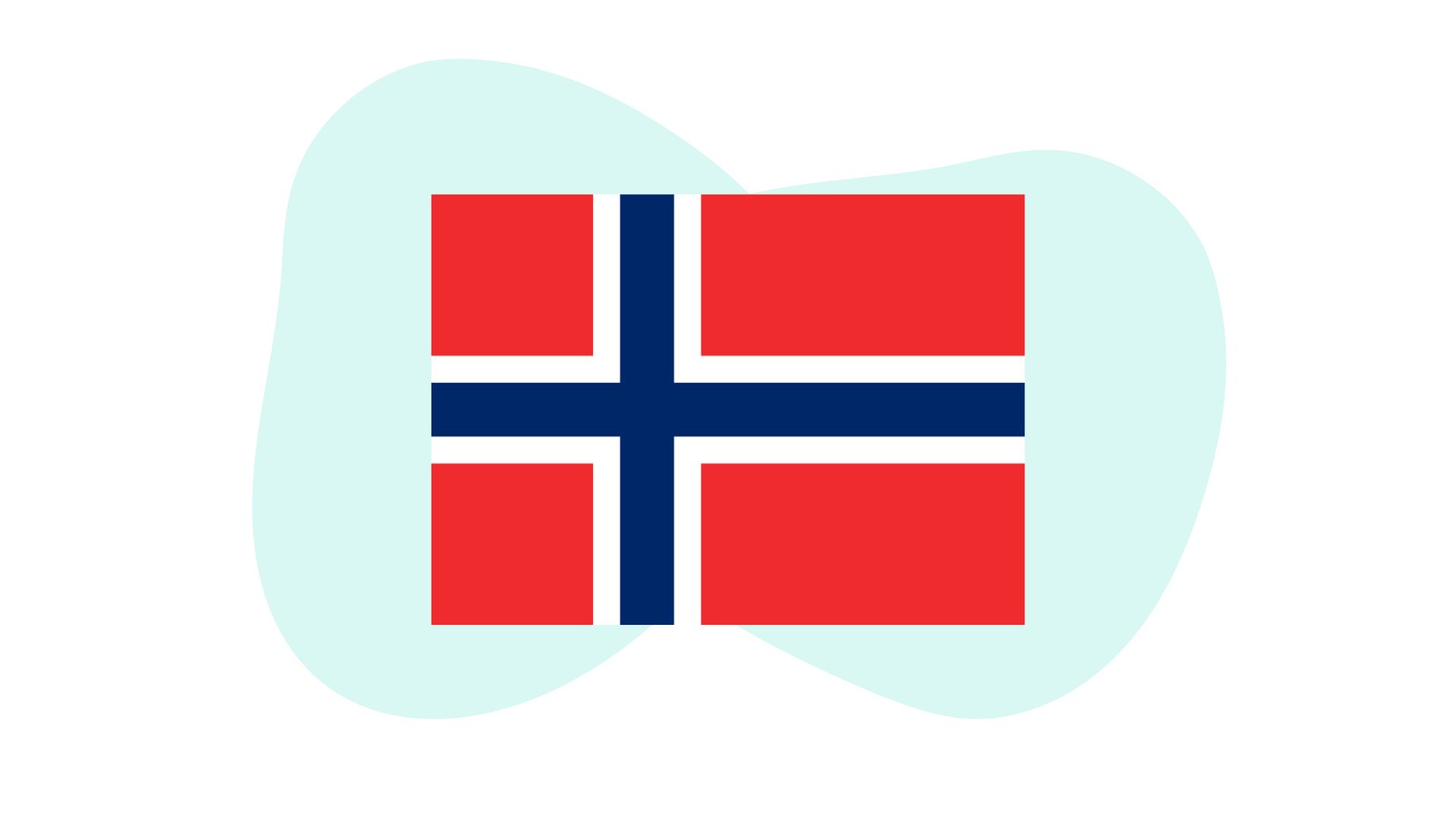
The Norwegian Transparency Act
On July 1st, the Norwegian Transparency Act took effect. Under the Act, companies are required to:
- Perform due diligence to identify the actual or potential negative impact on fundamental human rights and working conditions in the entire supply chain, and respond accordingly.
- Release an annual statement of the findings.
- Respond to inquiries from anyone about any current and potential risks, as well as the company’s due diligence activities.
Based on the Act’s criteria, an estimated 8,800 companies are currently required to perform and document assessments of their supply chains to ensure full compliance with the Act.
To learn more about the Norwegian Transparency Act—and how Prewave can help you stay compliant—access our whitepaper here.

France
The French law imposes comprehensive supply chain due diligence requirements, and applies to companies that employ more than 5,000 employees in France, or more than 10,000 employees in France and abroad for two consecutive years.
Also known as Law No. 2017-399, it requires companies to establish, publish, comply with, and evaluate a Compliance Plan that identifies risks throughout the supply chain, including Tier-N.
The Compliance Plan must prevent human rights violations and fundamental freedoms, and protect the health and safety of people and the environment throughout the supply chain. Additionally, victims can bring civil lawsuits to obtain remedies for violations.
Download the white paper here.

The Swiss Code of Obligations
New provisions in the Swiss Code of Obligations include supply chain due diligence and transparency obligations for Switzerland-based companies in relation to minerals and metals from conflict-affected areas and child labour, among other things.
The law took effect only recently, meaning that much remains unknown about its enforceability and prosecution.
Download the white paper here.
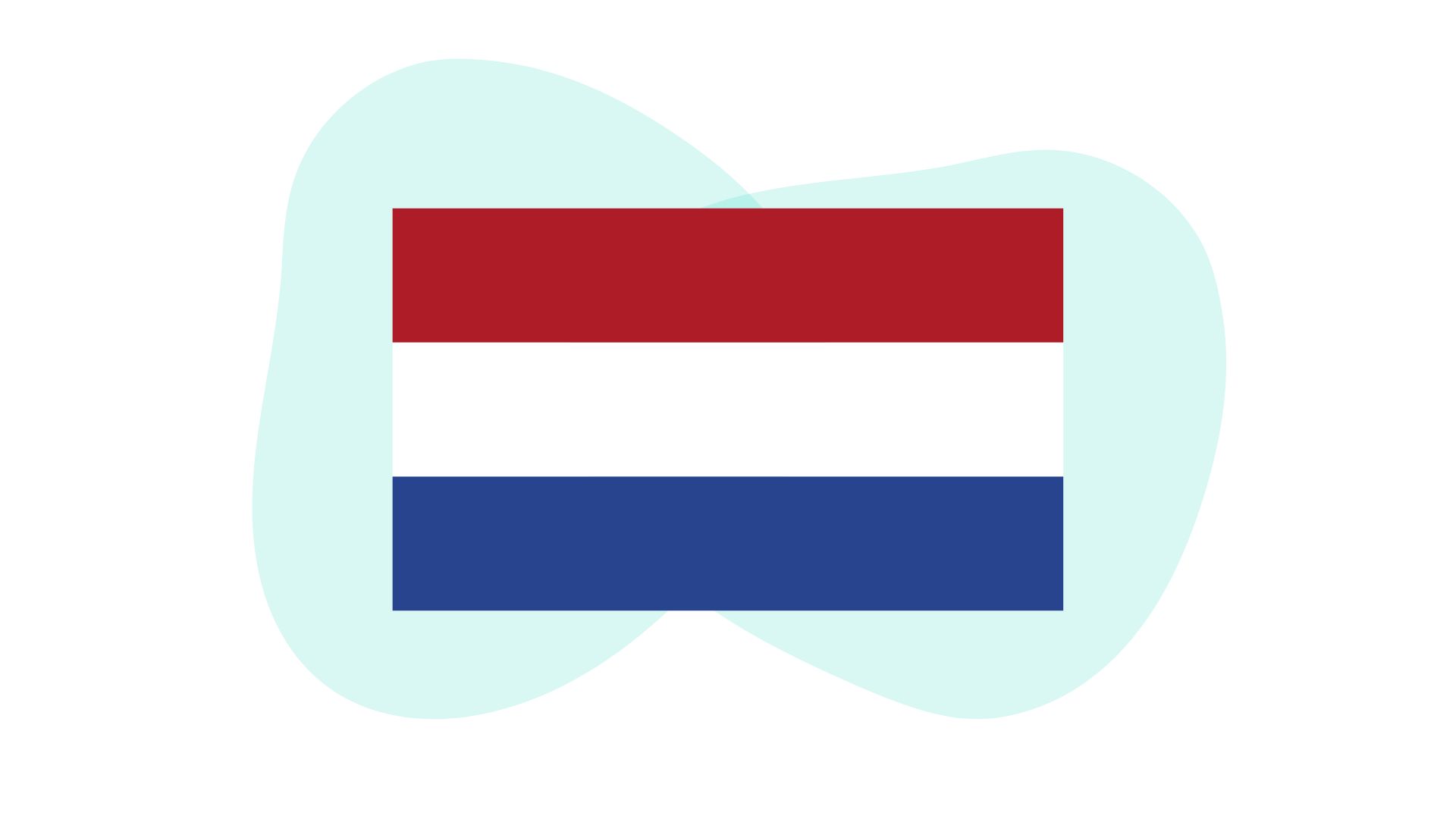
The Dutch Responsible and Sustainable International Business Conduct Act
The Dutch government is preparing a legislative proposal on due diligence for responsible business conduct Act, with a January 1st 2023 implementation date. The Act aims to enforce due diligence on value chains to recognise human rights, labour rights, and environmental violations when dealing with foreign trade, and is applicable to all companies that are involved in the supply of goods and services to Dutch consumers, irrespective of where the company is located or registered. Such companies must adhere to the following obligations under the Act:
- Due diligence: take necessary measures to prevent negative impacts throughout their value chain
- Declaration: provide the regulator with a document declaring that the company has adhered to the rules under the Act
- Supervision: the regulator will rely on stakeholders and victims to determine if a company has violated any provisions stipulated under the Act
To learn more about the Dutch Responsible and Sustainable International Business Conduct Act—and how Prewave can help you stay compliant—access our whitepaper here.

The Belgian Vigilance Proposal
On April 22, 2021, a due diligence law was proposed to the Federal Government of Belgium. The Belgian Vigilance Proposal introduces the notion of corporate responsibility to protect human rights, labor rights, and environmental rights, as well as establishes mandatory due diligence obligations for all businesses operating in Belgium.
Although the “Corporate Accountability” coalition has willingly accepted this amendment in Belgian Law, their main objective is to have this initiative approved by the majority of Parliament.
The scope of due diligence under the Belgian Vigilance Proposal is extensive because it covers companies’ supply chains and extends to their value chains. The proposed Law, which mentions UNGPs, OECD Guidelines, and ILO conventions, will establish the responsibility of vigilance and the duty of remediation concerning environmental standards, labour rights, and human rights.
To learn more about the Belgian Vigilance Proposal—and discover how Prewave can help you prepare—access our whitepaper here.

Finland
On April 12, 2022, the Finnish government published the Memorandum on national due diligence obligation, a law that is likely to be implemented in 2023 or 2024, at the earliest. The aim is to make Finland a leading country in social responsibility by laying down provisions on companies’ due diligence obligation with regard to their business operations.
Under the proposal, companies would be required to implement due diligence measures throughout the supply chain.
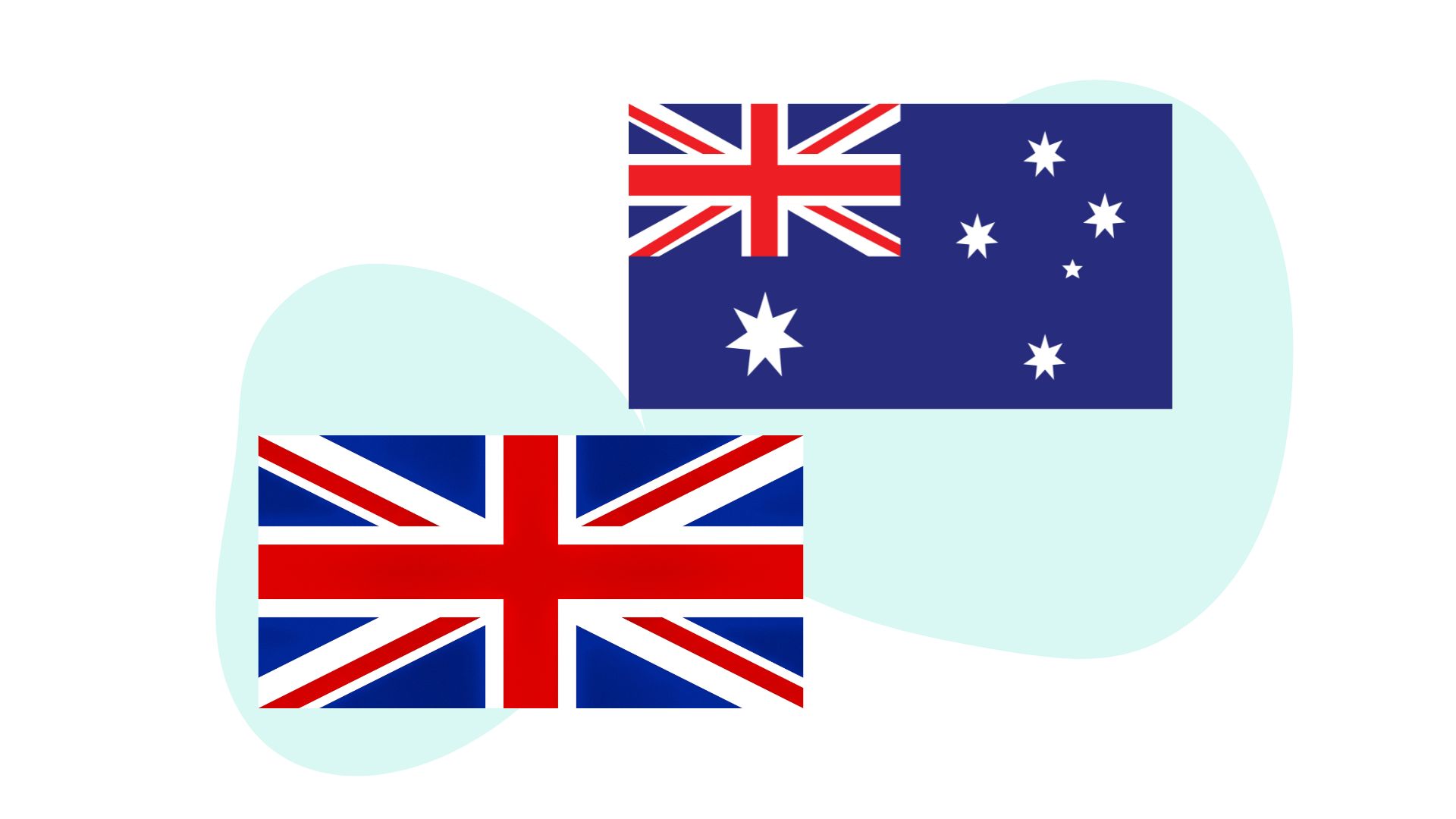
The UK and Australia
The UK and Australia have similar versions of what is known as the Modern Slavery Act, with a few differences, namely:
- The UK Act applies to commercial organisations operating in the UK with an annual global turnover of more than GBP 36m per year.
- The Australian Act applies to entities in the Australian market with an annual revenue of at least AUD $100 million.
Despite a few notable differences, both versions of the Modern Slavery Act remain quite similar, as they require companies to prepare and publish statements regarding the impact of slavery and human trafficking on their operations. The UK law requires a company to reveal any actions taken to prevent modern slavery or confirm that it has taken no such actions, while the Australian law requires companies to release statements that uncover any due diligence and remediation efforts performed by the company.
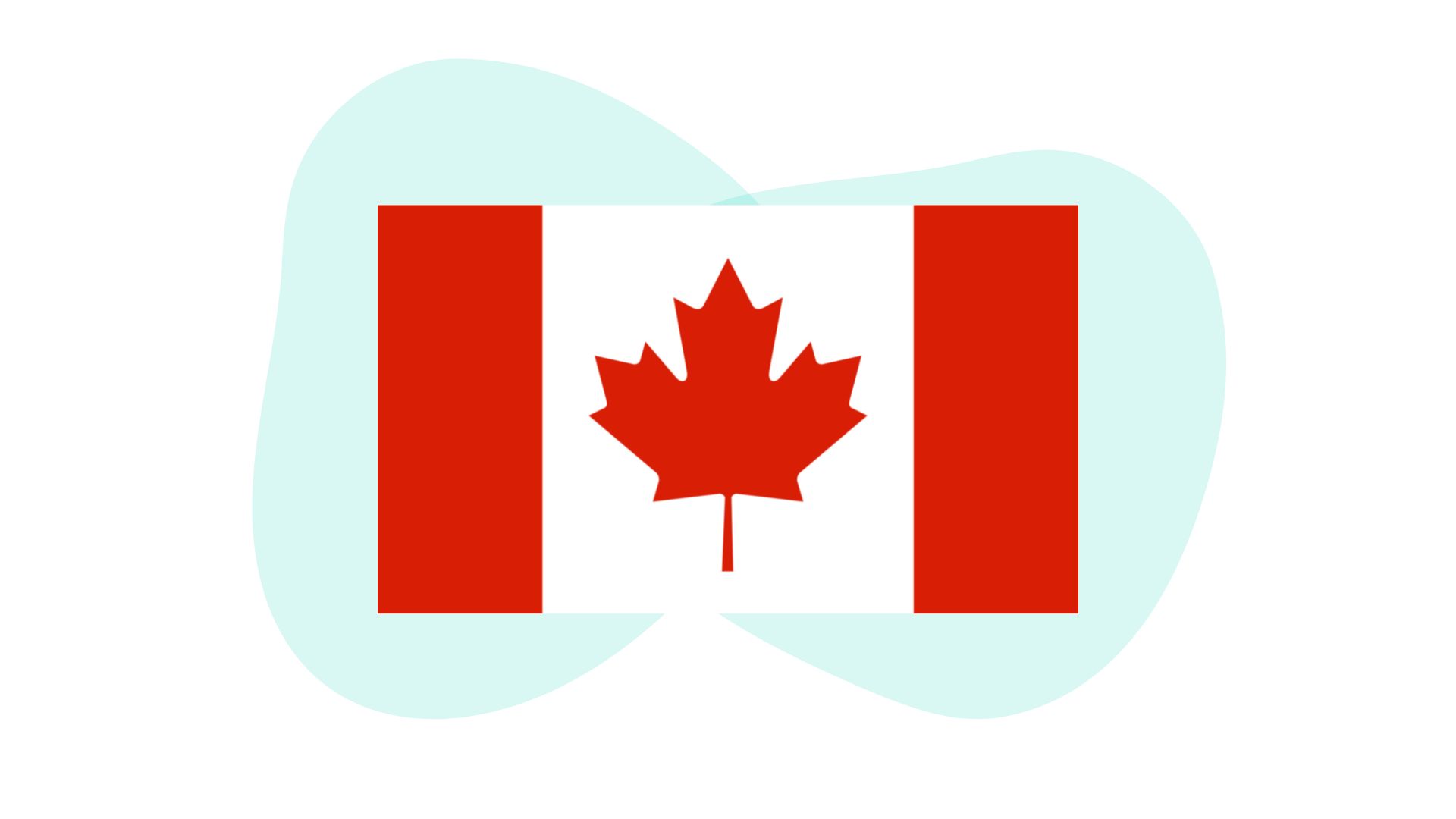
Canada
Canada is a country with numerous laws centred around supply chain due diligence, with the government having the power to impose sanctions on companies involved in human rights violations or corruption. Examples include:
- The Special Economic Measures Act
- The Justice for Victims of Corrupt Foreign Officials Act
Additionally, Canada’s export and import laws require the government to consider, among other factors, whether goods or technology could be used to commit any violations of international human rights, humanitarian law, or gender-based violence when determining whether to issue an export or brokering permit.
Canada’s federal Customs Tariff was recently amended to prevent the importation of goods from any country that produced the goods in whole or in part from forced child labour. Furthermore, there is a bill pending before the Senate that would impose reporting requirements on businesses to ensure child labour and forced labour is not occurring in the supply chain.
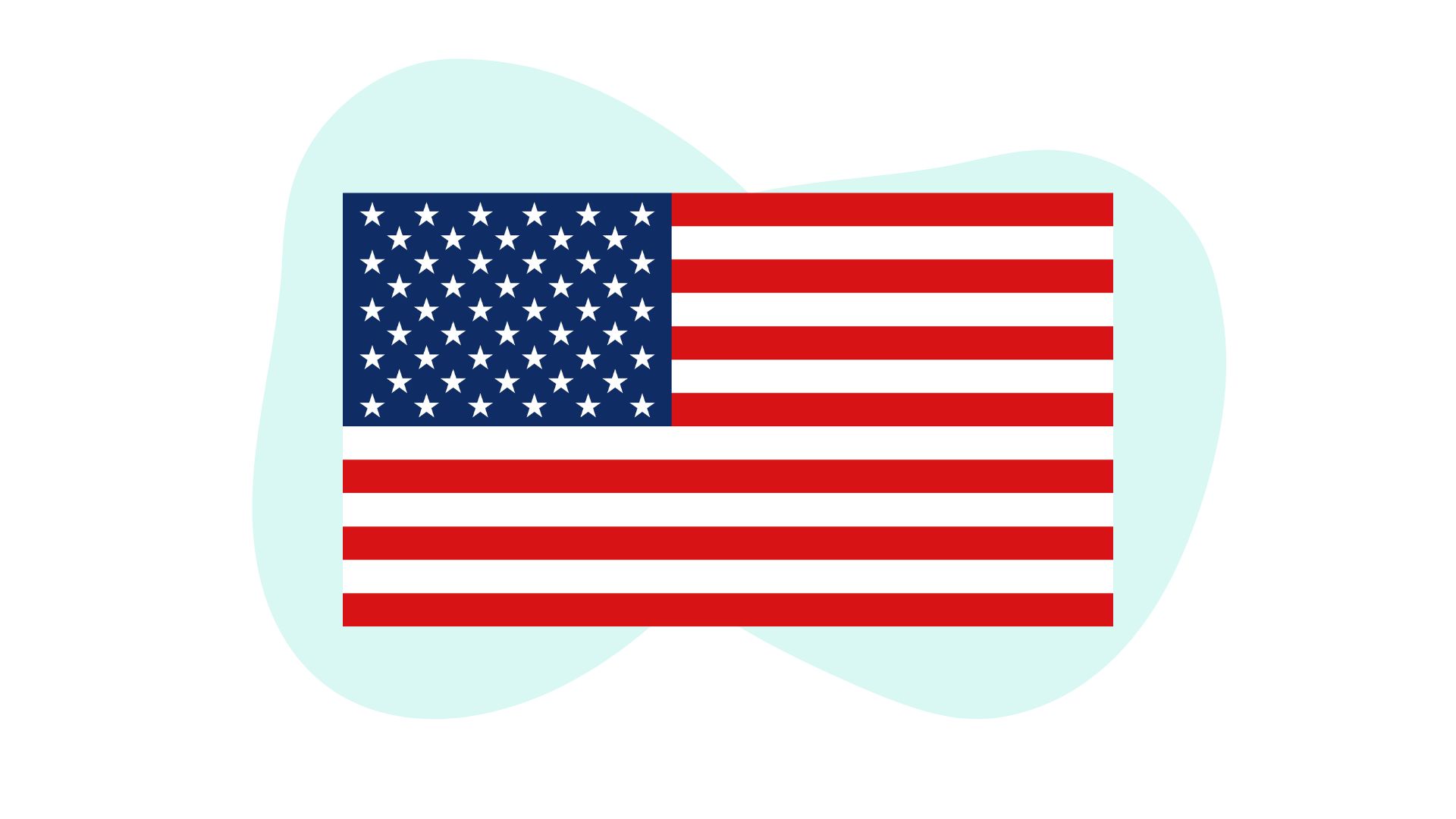
The U.S.
In the US, the federal Tariff Act prohibits businesses from importing any goods and merchandise that were produced, manufactured, or mind (wholly or in part) in any foreign country by forced labour, convict labour, and/or indentured labour.
Similarly, the United States-Mexico-Canada Agreement (USMCA) has fully enforceable labour standards, including the enforcement of laws regarding forced labour and child labour. Federal laws applicable to government contractors impose anti-trafficking safeguards, and the US Department of Labor publishes a “List of Products Produced by Forced or Indentured Child Labor”. Federal contractors who supply products on the List must certify that they have made a good faith effort to determine whether forced or indentured child labour was used to produce the items supplied.
Conclusion
As more countries move to adopt supply chain due diligence legislation, the need for supplier monitoring—and complete supply chain visibility—becomes paramount.
Prepare for tomorrow, today—with Prewave, your one-stop solution for due diligence legislation compliance.
Book a demo to get started!
